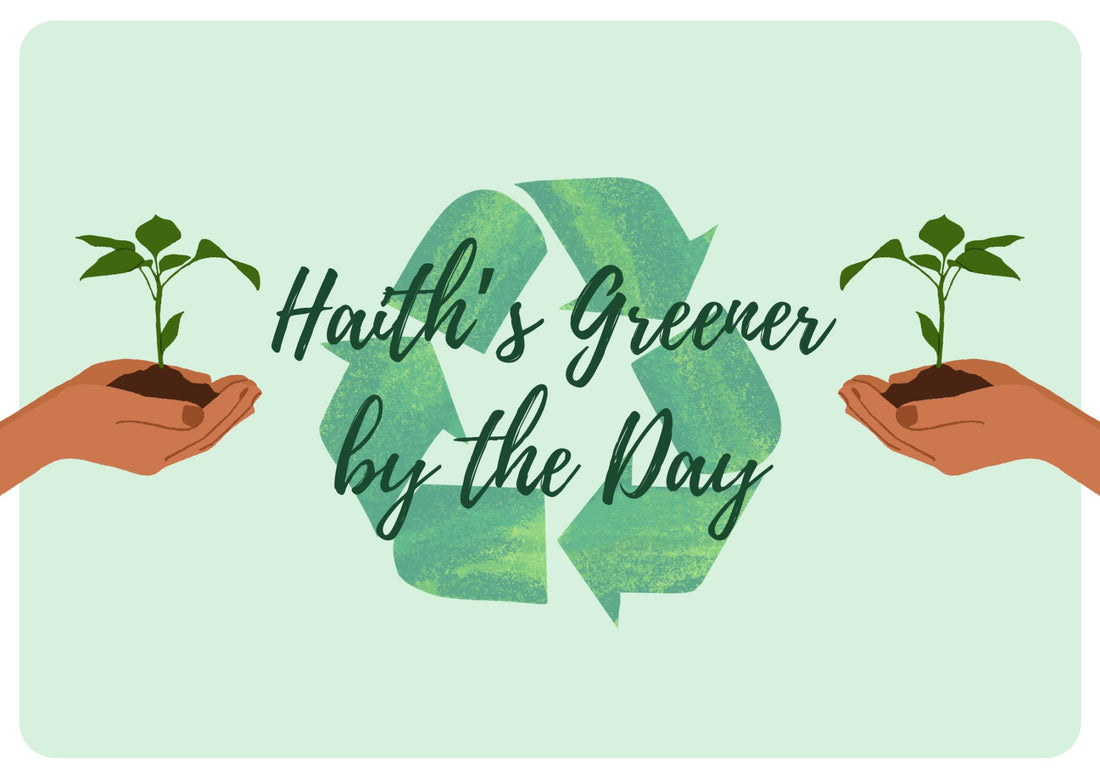
Monthly Email - June Edition
Share
Podcast
The Bearded Birders joined us to record a podcast where they explored their love for nature and goals for the future. Listen to it here: https://haiths.com/pages/nature-podcast-naturespace-with-haiths

We’re on Tripadvisor!
Have a look at our new Tripadvisor page for our site in Louth: Haith's - The Bird Food Centre (Louth, England)
Haith's Gardening Project
The fantastic Martin Woods and his team of gardeners have started working on the site grounds. We can all say they have done an amazing job – the area they have started working on has made the outside space come to life with different colours and textures. A huge thank you from all at Haith’s Team!

Out in the Garden!
As we approach June, it’s a great time to get outside and enjoy nature in our gardens. There are a few things you can do to look after your garden and keep it looking amazing…
- With warmer weather (hopefully!) you can spend some time outside weeding. Some people like to have a pristine garden, and if this is the case, you could always dedicate a hidden space to become a wildlife area. Let weeds run wild, the bugs and pollinators will thank you!
- It’s also important to keep watering your plants if any dry spells arise. Remember to water deeply, soaking the soil around the roots.
- You might consider feeding your plants to improve plant growth. There are a few options including slow-release fertilisers and liquid feeds. You might choose to use inorganic fertilisers (man-made), or organic fertilisers. Research the plants you are growing and make sure that the feed is suitable.
- To encourage more blooms in your garden, you can deadhead wilted flowers and plants.
- Some of your plants might be drooping. If they are, offer them support through the use of stakes, trellises or plant supporters to keep them upright.
- On a dry day, you might choose to paint fences or raised planters if you have them in your garden. By changing the colour, or applying wood stain, you can keep your garden looking its best.
Most of all, enjoy your outside space. If you don’t have a garden, that’s okay too. Make the most of public green spaces locally. Getting outdoors is great for your health and wellbeing, and if you choose to do a bit of gardening, you can feel a real sense of accomplishment when you look back at what you’ve done.

You’re very own compost heap…
If you haven’t got one already and you have the space, you might want to look into getting a compost bin. Composting offers many benefits including a reduction in waste, access to enriched soil and biodiversity promotion.
Setting one up is easy with the following steps:
- Pick a location – you want to place your compost bin in a partially shaded area with good airflow.
- Collect materials – leftover or old fruits and vegetables, grass clippings and leaves can all be used as compost. You can look online for a list; items can be categorised into ‘greens’ and ‘browns’. You will need a mixture of both groups for when you assemble later on.
- Prepare the Location – clear the ground and optionally, you can place a layer of twigs or straw along the bottom of the compost bin to support drainage and aeration.
- Layer Materials – Layer your compost heap with alternating layers of greens and browns. Aim for a ratio of roughly 1 part green to 2 parts brown. This will help create a balanced compost heap that decomposes efficiently.
- Add Water – Moisten each layer of materials as you add them to the heap. Water helps activate the decomposition process and keeps the pile from drying out.
- Turn the Pile – To speed up decomposition and ensure even breakdown of materials, turn your compost heap regularly. Use a pitchfork or shovel to aerate the pile, mixing the outer layers into the centre.
- Monitor and Maintain – Keep an eye on your compost heap. If it becomes too wet, add more browns to balance it out. If it's too dry, add some water. Your compost should have a pleasant earthy smell.
- Harvest the Compost – After several months, your compost should be ready to use. It will be dark, crumbly, and rich in nutrients. Your garden will be grateful!

Until next month,
Julianne, Charlotte & Ed
